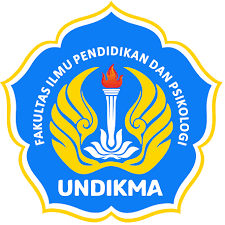SEBUAH KAJIAN TEORI: IMPLEMENTASI PEER-ASSESSMENT UNTUK MENDORONG KEPATUHAN PESERTA DIDIK DALAM MELAKSANAKAN PROTOKOL KESEHATAN DI MASA PEMBELAJARAN TATAP MUKA TERBATAS (PTMT)
Abstract
The limited face-to-face learning policy was taken by the Government because it saw that in general most regions in Indonesia had entered PPKM level 1 or the green zone, and 81% of education personnel had received vaccinations, even 72% of them had received dose 2 vaccination. The key to the success of limited face-to-face learning is the compliance of school residents with health protocols. This means that all school members, including students, are required to implement strict health protocols during the limited face-to-face learning process. One way that can be used to encourage and at the same time cultivate adherence to health protocols in the implementation of limited face-to-face learning, especially for students, is to implement peer-assessment to assess student compliance in implementing health protocols. This study aims to provide a theoretical study of the implementation of peer-assessment to encourage student compliance in implementing health protocols in the limited face-to-face learning period. This research is a library research (library research). Researchers obtain data by conducting literature reviews from various sources such as books, journals, scientific works, as well as documents and other relevant literature. Based on a review of several literatures, it can be concluded that the implementation of peer-assessment can be used to encourage student compliance in implementing health protocols, and can even help students to cultivate it in everyday life.









